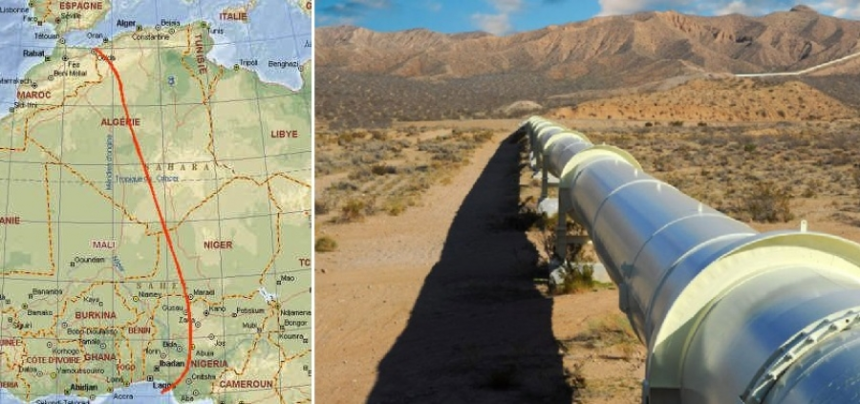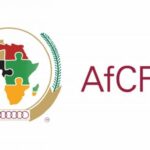Nigeria, Morocco, and the Economic Community of West African States (ECOWAS) are making significant headway on the ambitious $26 billion African Atlantic Gas Pipeline (AAGP).
Spanning 6,800 kilometers, this project aims to connect Nigeria’s rich natural gas reserves to Morocco, extending its potential reach into Europe.
The pipeline project involves Nigeria, Morocco, and Mauritania, and promises to deepen economic integration, enhance energy security, and elevate Africa’s role in the global energy market.
Initially proposed in 2016 following discussions between Morocco’s King Mohammed VI and Nigeria’s then-President, the AAGP has grown into a collaborative effort spearheaded by Nigeria’s National Petroleum Corporation (NNPC) and Morocco’s National Office of Hydrocarbons and Mines.
- Advertisement -
At a recent ECOWAS Inter-Ministerial Meeting, leaders from ECOWAS nations underscored their collective dedication to advancing the project, with energy and hydrocarbons ministers reaffirming its regional significance.
Mele Kyari, NNPC’s Group Chief Executive Officer, highlighted the AAGP’s transformative potential for Africa’s energy landscape. Olalekan Ogunleye, NNPC’s Executive Vice President for Gas Power & New Energy, reported on the ongoing progress in front-end engineering and environmental and social assessments.
Designed to integrate the West African Gas Pipeline Extension and the Nigeria-Morocco Gas Pipeline (NMGP), the project aims to link 13 African nations, providing natural gas to West Africa, Morocco, and potentially European markets. This integration will also enable Nigeria to diversify its gas export channels and reduce gas flaring.
Nigeria’s Minister of State for Petroleum Resources, Ekperikpe Ekpo, described the pipeline as essential for regional industrial growth and job creation, while Morocco’s Minister of Energy Transition, Laila Benali, emphasized its alignment with global energy transition goals.
The project pairs with ECOWAS’s Renewable Energy and Energy Efficiency Facility (ERF), which focuses on expanding renewable energy infrastructure, including solar, wind, and hydro resources.
- Advertisement -
ECOWAS Commissioner for Infrastructure, Sédiko Douka, highlighted the pipeline’s potential to reshape West Africa’s energy and economic future through collaboration, laying a foundation for sustainable growth and energy access across the region.










